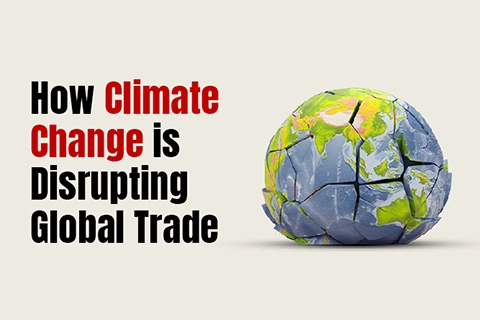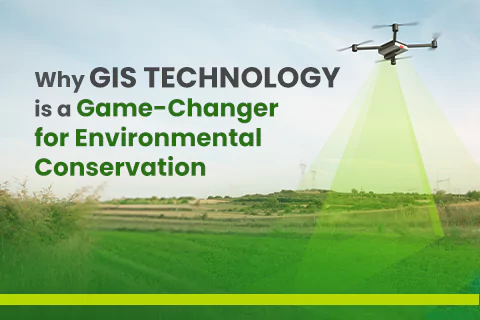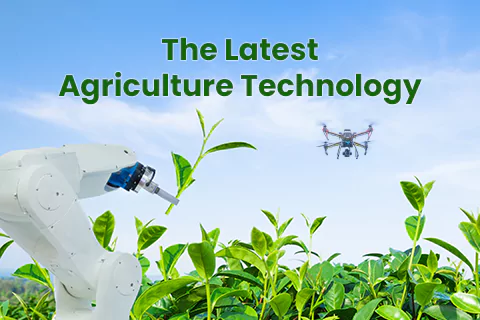Climate Change is one of the leading dangers to mankind. Not only does it impact the environment but it directly affects the trade and economy too. Extreme weather can disrupt supply chains, damage the transport infrastructure necessary for trade in goods, and restrict people’s ability to travel. Highlighting some of the challenges of climate change below.
Climate Change and Trade:
The spread of sudden and extreme weather, along with sea-level rise, poses serious risks to the transport infrastructure, which is necessary for the smooth operation of international trade routes. Freshwater canals like the Panama Canal suffer the most in case of draughts; similarly, low rainfall and heat-related evaporation have led to shipping problems in China’s Yangtze River. All small island nations and land-locked states also face issues as they have limited options for trade routes.
Challenges in trade due to Climate Change:
Effect of Climate change on Agriculture:
Changes in temperature, heat waves, droughts, floods, and low rainfall have a direct impact on production and will lead to low yields and high prices. Some countries also put a ban on exports in case of emergencies. Like India, in 2022, due to a heat wave, put a ban on the export of wheat.
Ocean warming and acidification due to climate change also impacts fisheries which in turn affect trade in Ocean products and also harms livelihood of rural small scale fishers and those involved in food supply chains.
Effect of Climate change on Manufacturing:
Climate change is slashing worker productivity. Extreme heat leads to exhaustion, forcing workers to cut back on their hours. Additionally, malfunctioning equipment due to heat disrupts production, causing shortages.. Also high temperatures can make trade more expensive by increasing the cost of cooling in storage facilities.
Effect of Climate change on Tourism:
The tourism industry is a huge industry that contributes to a country’s economy. Due to extreme climate change, there is damage to tourism infrastructure, and it changes the appeal of destinations over time, which causes a decline in visits. Gradual changes in temperature and sea levels also affect tourism. For example, ski resorts that rely on predictable and consistent snowfall or seaside resorts that attract visitors for natural beauty are at risk due to climate-related damage. Places damaged due to tsunamis, floods or wild-life fires are less preferred, thereby impacting the livelihood of those regions.
Effect of Climate change on Warehousing:
With natural calamities rising such as floods, tsunami’s, the storage also gets expensive, as the facilities are required to be made more damage-proof, which can with-stand harsh weathers, leading to extra cost while doing trade.
Impact on Developing Countries:
As often stated, although they don’t have much contribution to climate change, yet they are the ones who suffer the most. Climate change is likely to increase the prevalence of vector-borne diseases, such as malaria and dengue fever, and may increase the intensity of severe weather events. It is likely to lead to an increase in water levels and serious flooding, and at the same time cause water scarcity in arid regions. It will lead to low production, more borrowing, and more exploitation of them.
These challenges can be addressed through a more effective framework of cooperation for existing and new trade routes. Trade plays a crucial role in the transition to a global low-carbon economy and a greener, more sustainable society. Private sector entities, international organisations, academia, civil society, and governments should all be involved in this conversation. Also, it should be the focus to take measures to reduce global warming, reduce the overall temperature of the earth and promote a low-carbon economy.



